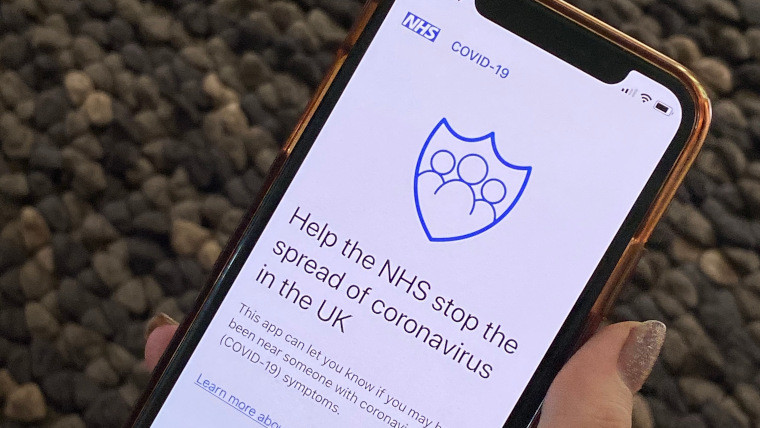
The UK government has reportedly decided to abandon its centralised contact tracing app in favour of a decentralised version that will leverage APIs recently made available by Apple and Google. While the government has not yet put out a statement about the switch at the time of writing, the BBC has revealed that former Apple exec, Simon Thompson, is going to manage the project, taking over from NHSX’s Matthew Gould and Geraint Lewis.
Despite the government previously claiming that it had found a way to make its app work properly with Bluetooth, reports that followed the limited launch of the app suggested otherwise, noting particular issues on the iOS version because Apple typically restricts what apps can do, battery drain issues were also noticed on the Android version of the app. By using the centralised model, the hope was epidemiologists would have more data to work with.
With the decentralised model, the contact tracing apps will exchange key codes, once a user becomes infected with COVID-19 they can report to the app that they tested positive for coronavirus. In the decentralised model, a central database will hold anonymous IDs but contact matching will be done on users’ devices.
It’s unclear when the new app will be available for download but reports yesterday said that a government minister was doubtful it’d arrive before winter. Unlike the centralised app, the developers have Apple and Google’s new API to plug into which could speed up the development of the app significantly. Germany, which had to switch app models too, released its contact tracing app a couple of days ago after several months of work. The UK will likely take about the same time to build its new app.
Source: BBC News
















20 Comments - Add comment